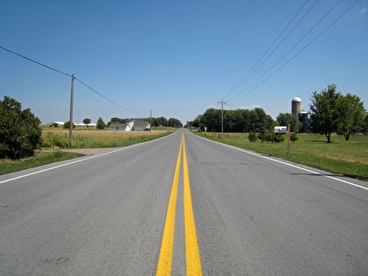
Who Should Attend
County or city engineers or their technical staff who have responsibility for designing and/or managing pavement preservation projects.
Course Instructor
Thomas Wood has worked in road construction and maintenance for more than 40 years. He has a mix of public and private service experience. For the last 21 years, he has worked on pavement preservation treatments, specializing in emulsion base methods. He also teaches classes for Minnesota LTAP and the National Center for Pavement Preservation. Wood retired from MnDOT in July 2016 after more than 28 years of service. He currently works for WSB & Associates, continuing to promote the use of pavement preservation as a method to extend pavement life.
Credit
- 1.0 Roads Scholar Program Maintenance Certificate credit.
- To the best of our knowledge, this course/activity meets the continuing education requirements for 6.0 PDHs as outlined in Minnesota Statute 326.107. Learn more about continuing education for professionals from the Minnesota Board of AELSLAGID.
Sponsors
This workshop is presented by Minnesota LTAP at the Center for Transportation Studies, University of Minnesota. Minnesota LTAP is sponsored by the Minnesota Local Road Research Board (LRRB) and the Federal Highway Administration (FHWA). This course is subsidized through funding from LRRB and FHWA.